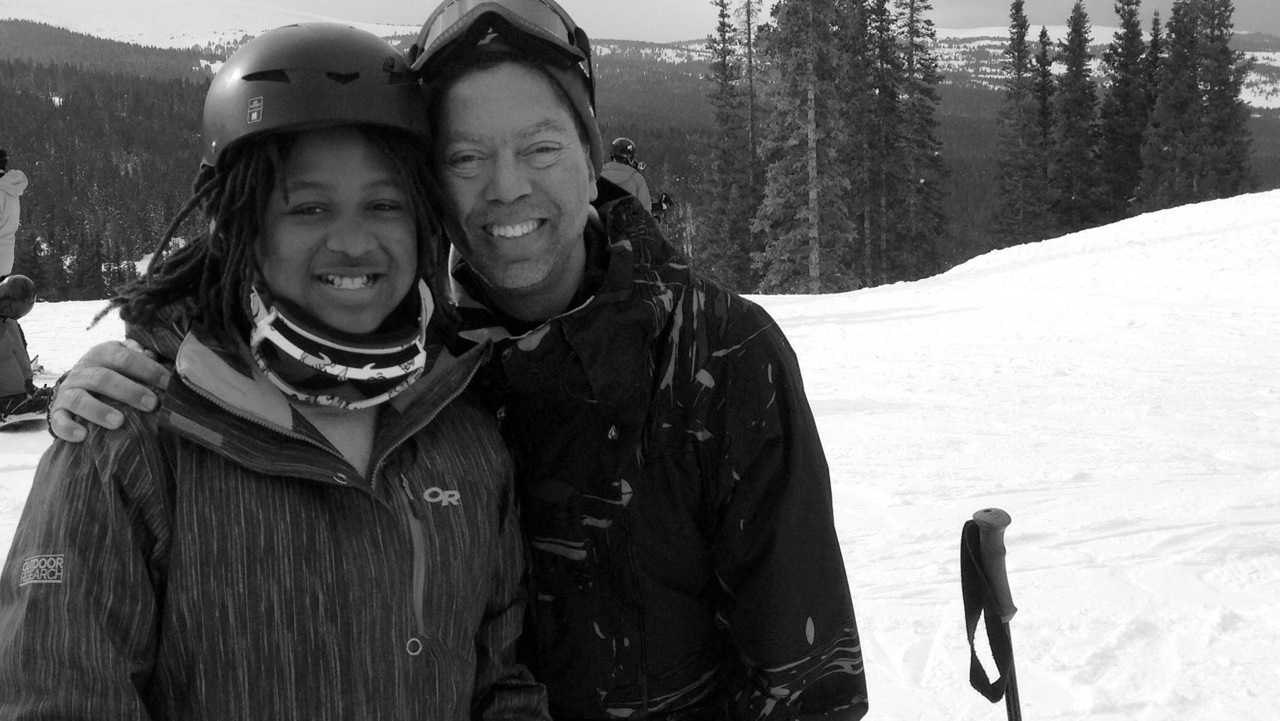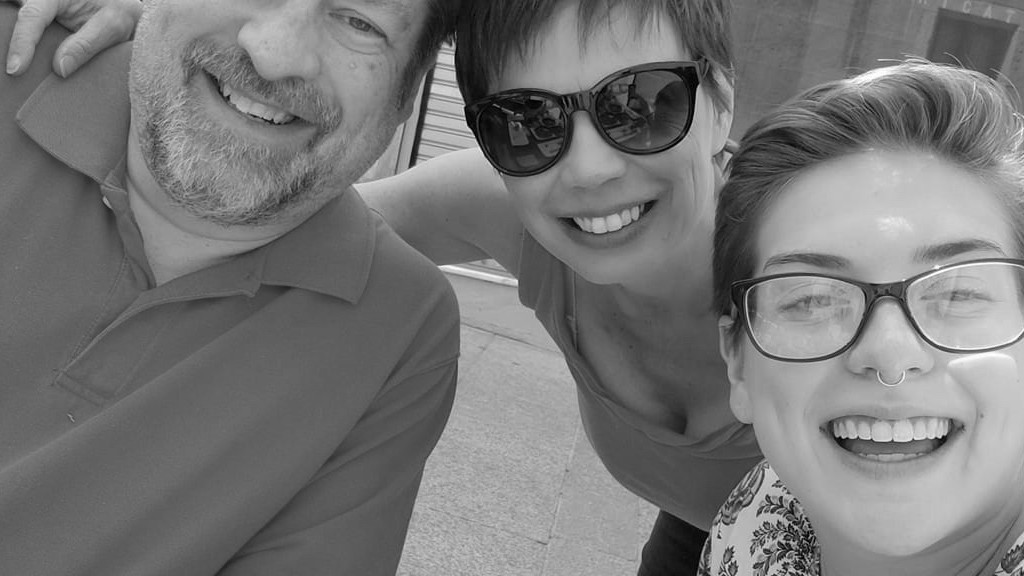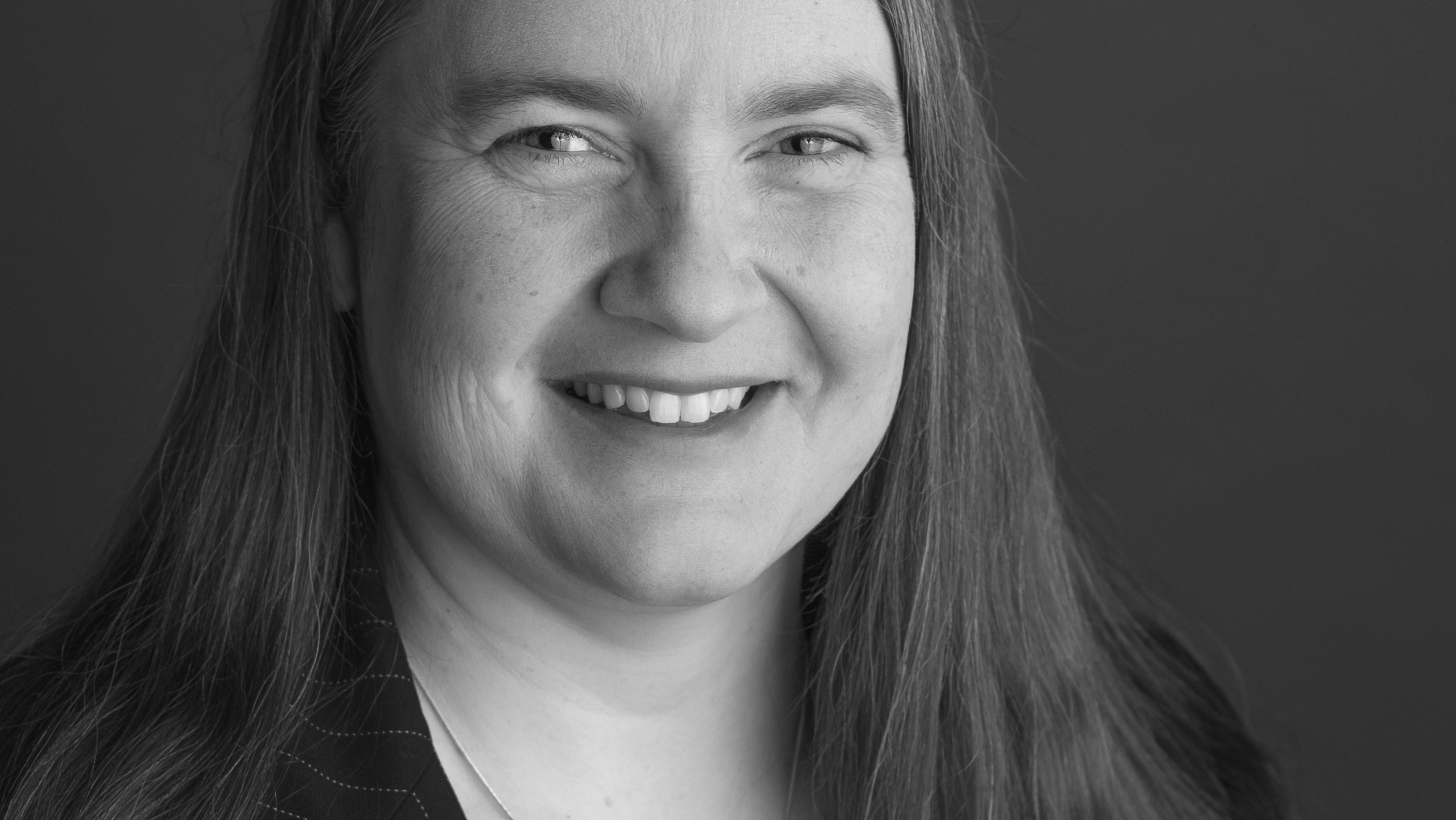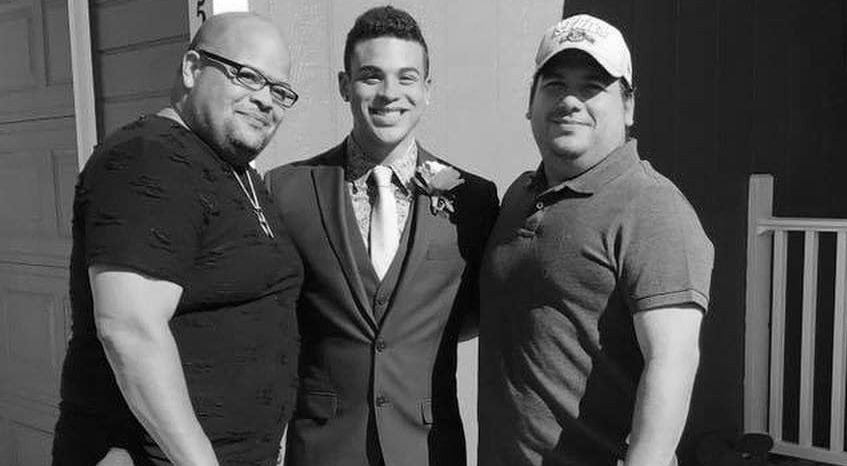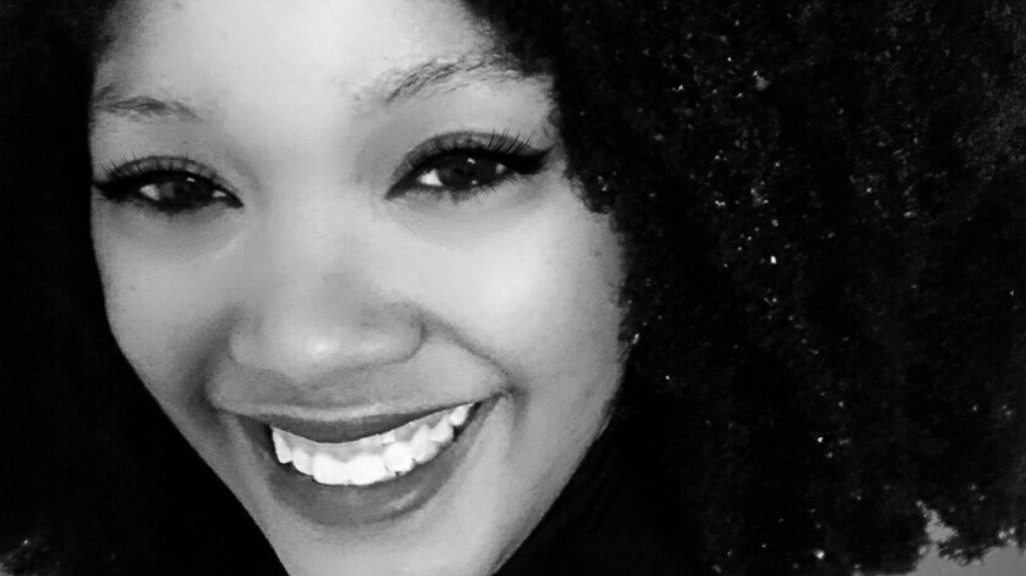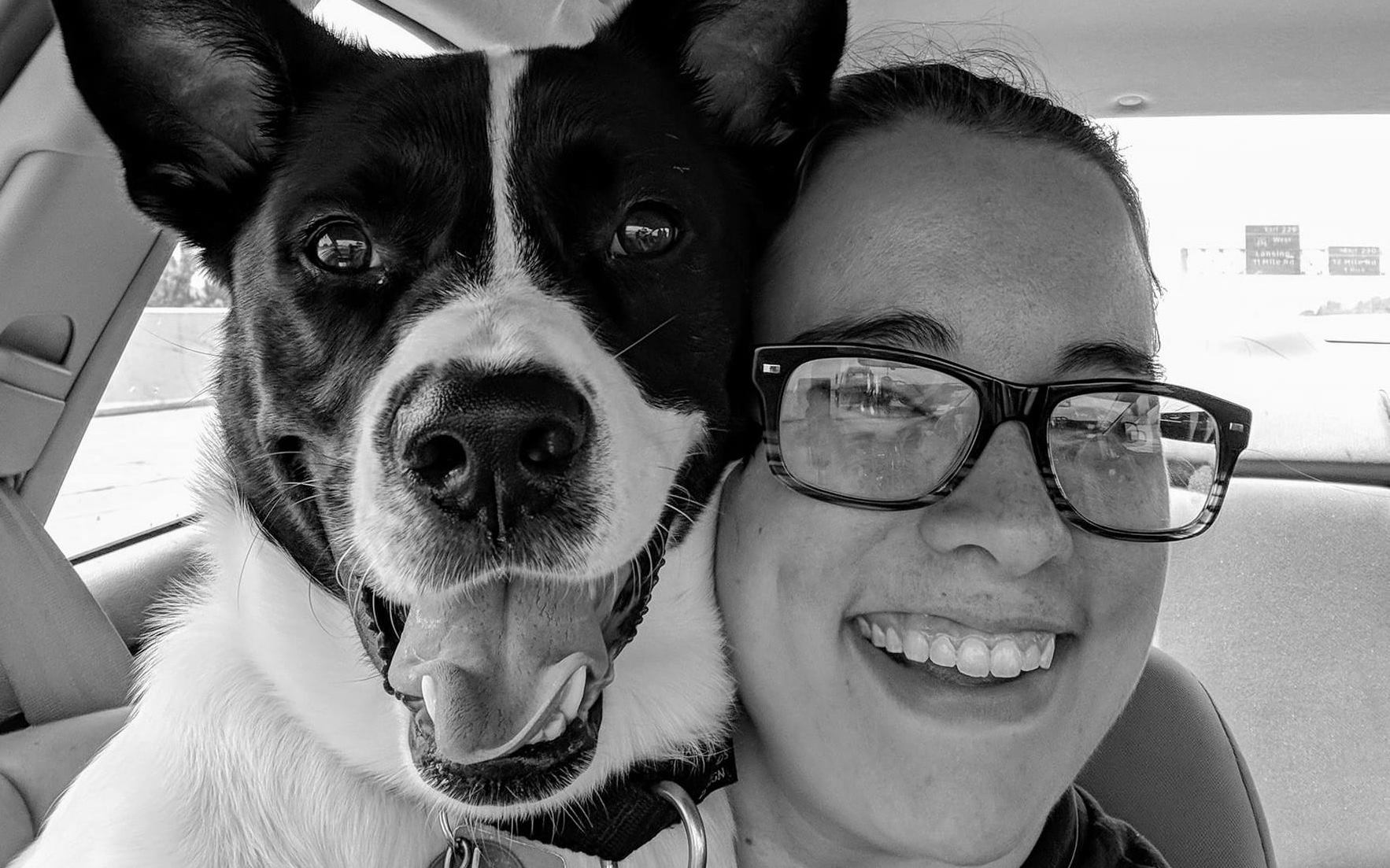The Supreme Court is inching closer to a decision in Fulton v. City of Philadelphia, a case that could determine whether taxpayer-funded adoption and foster care agencies can turn away qualified LGBTQ+ parents.
“If I’m capable of taking care of your sick kid, I should be able to take care of any other.”
Many adoption agencies turned away Chris, a pediatrician, because he was a single gay man. In fact, it took two years and a lot of perseverance to adopt his now 18-year-old daughter.
“I knew God loved my child, and every gay person out there.”
When social worker Corina signed a statement of faith to work at a religious foster care agency, she never thought she would be co-signing discrimination against her own daughter.
“We’re putting youth in situations where they’re at risk.”
Weston’s adoptive dads, Eric and Lewis, saved his life. Now, he’s sharing how nondiscrimination protections can ensure that every child has a loving, affirming family.
“You cannot have federal dollars to use to discriminate.”
Lois worked for Catholic Social Services for 30 years. Now, she is one of the 77% of Americans who believe that if taxpayer-funded agencies opt-out of nondiscrimination rules, children will pay the price.
“It’s going to reduce the number of available households and families for kids.”
Clay has been a social worker for 30 years—but when he decided to adopt, he faced obstacles because he’s LGBTQ+. He worries that the Supreme Court’s decision could have a dampening effect on qualified prospective parents.
“What if he’s been on this waitlist for six years and thinks that nobody wanted to adopt him?”
Valarie and her wife were heartbroken when an agency refused to place a child with them because they are LGBTQ+. Five years later, that child is still waiting for a forever family.
“I feel very strongly that nondiscrimination services are the realization of my faith.”
Brent grew up in a religious family. His father is a minister, and he went to a religious grade school. Now, as a Christian social worker, he believes that his faith calls him to provide affirming, nondiscriminatory services to all.
What is Fulton v. City of Philadelphia?
There is a major lack of nationwide nondiscrimination protections for LGBTQ+ individuals. So, local and state provisions are often the only thing protecting LGBTQ+ citizens from discrimination. Fulton v. City of Philadelphia came before the Supreme Court after Catholic Social Services (“CSS”), a faith-based foster care agency, refused to license same-sex couples as foster parents, despite the nondiscrimination provision in Philadelphia’s contract. Then, when the city told CSS it would not renew its contract if CSS didn’t comply with the nondiscrimination requirement, CSS sued the city. CSS claimed the nondiscrimination requirement violated their agency’s free exercise of religion.
CSS voluntarily entered into this contract. Also, they are paid taxpayer dollars to care for and provide homes for children the state has removed from their parents or guardians.
This is why the stories above are so important. Social workers, people of faith, LGBTQ+ parents, and youth with experience in foster care agree: If the Court allows agencies like CSS to “opt-out” of contractual requirements, children will pay the price. Additionally, such a decision could also allow discrimination at other government-funded agencies, like food banks, homeless shelters, and more.
There are more than 400,000 youth in care, and more than 20,000 of those young people age out of care each year without being reunified with their families or finding a permanent, loving adoptive home. We simply cannot afford to turn away qualified, loving families because they do not meet an agency’s religious criteria. Learn more about what’s at stake in this case here.

Take Action around Fulton
Sign our pledge!
Stand with the stories of the social workers, people of faith, LGBTQ+ parents, and youth you listened to above. If you believe in opening more homes to the 425,000 youth in care who need them, take our pledge today!
Fulton v. City of Philadelphia: In the Media
Contracts Matter, Says CEO to the Supreme Court about Fulton v. City of Philadelphia:
For years, business leader and LGBTQ+ mom, Nancy, and her wife Laura sought to grow their family through adoption. However, the discrimination they faced as a same-sex couple made it feel like an impossible dream.
Bethany Christian Services’ Decision on Gay Adoption Makes the Church Shine Brighter
The Rev. Jennifer Butler, CEO of Faith in Public Life, writes, “If Bethany Christian Services’ new policy of nondiscrimination sticks and spreads, the compassionate face of the church will shine brighter. It’s a sign that brighter days are ahead for the church and the country. “
Is Religious Liberty a Shield or a Sword?
New data from the Public Religion Research Institute (PRRI) shows that more than three in four Americans oppose allowing religiously affiliated agencies that receive taxpayer funding to refuse to accept qualified LGBTQ+ couples as foster parents.
Supreme Court, Put the Needs of Children in Foster Care First
Executive Director of the North American Council on Adoptable Children discusses Fulton v. City of Philadelphia and describes the harm done by allowing agencies to turn away families based on religious objections.

